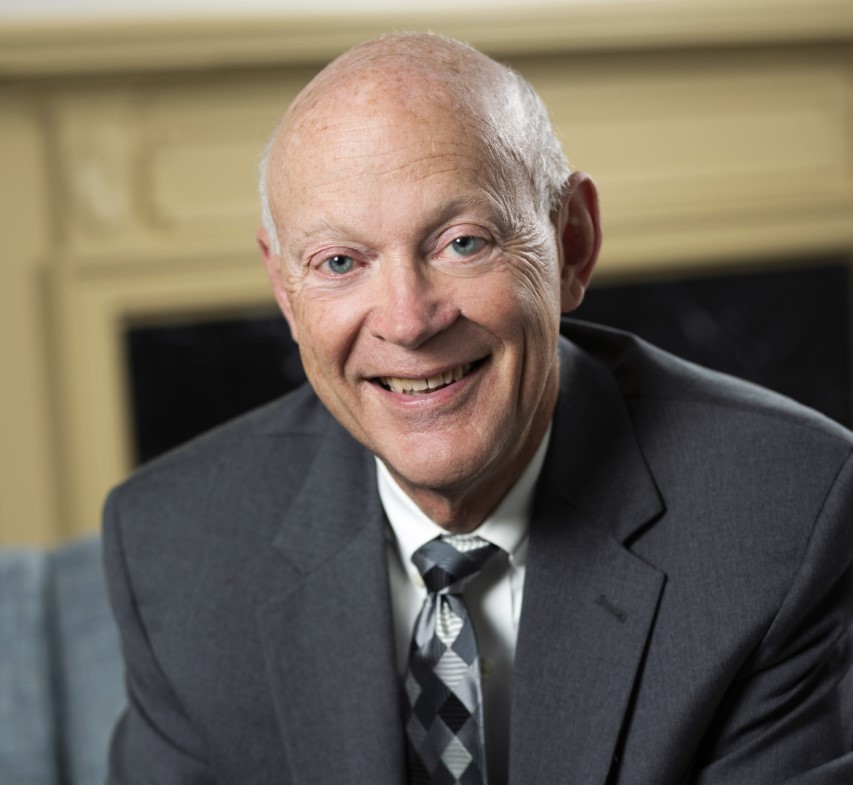
Controversies over mask mandates, curriculum and safety spilled into the open at K-12 school board meetings over the past two years.
After 40 years in K-12 education, I’ve witnessed the ebb and flow of conflict within school communities. District consolidations, changes to education practice, tensions around curriculum content and public policy trigger strong emotions and conflicting opinions.
What I failed to notice over the years is how many struggles and opportunities K-12 leaders share with corporate leaders and the insights that surface when cross-industry leaders explore key principles of effective leadership, especially when navigating through turbulent times.
I recently enjoyed the opportunity to experience the issues through a new lens when I paired with my private sector business counterparts to learn from one another on how to lead well when the pot boils. The 12-month cross-fertilization journey – created by Leading by DESIGN founder Rodger Price – enabled education and business executives to hone in on growing as leaders together.
Like industry leaders, school leaders struggle to alleviate tension on divisive issues over which people become so passionate. Preparing students for their tomorrow and influencing the direction of a business elicits strong emotions among those involved.
School leaders today feel the tension over heated disagreements around the issues of child safety or curriculum content, and the C-Suite often splits over risk tolerance, divestment, growth strategy and how to navigate through employee pandemic-related attitudes and supply chain disruption.
Leaders, regardless of sector, found new energy as together they explored managing those tensions by exploring a framework that gets people talking as tensions hang in the air. In this framework leaders resist the emotional tug to fight people rather than focus on a more difficult, yet more productive effort, of defining and fighting problems.
Leadership lessons: How to use data to build trust with educators
In such a framework there is an attempt to define the tensions and establish a common understanding of the words being used that ignite that tension. All of this is done on a bed of listening supported by behaviors that demonstrate respect. We experienced together the truth that leaning into difficult conversations with the intention to listen and understand perspective releases tension and significantly elevates the probability of an agreed-upon solution.
Nobody understands the complexity of the intense situation the leader finds herself in better than the individual leader herself, but we can all benefit from insight and encouragement gathered from other leaders facing their own intense situations. We all agreed that in such highly volatile settings it is up to us, the leaders, to establish a tone and atmosphere to keep heads cool and focused on the process of fighting problems rather than people.
A historical example worth noting takes us to the development of one of the most important documents in U.S. history – the Declaration of Independence. The rancor generated by colonists questioning their relationship to the mother country eventually formed into language around which the majority could rally.
It didn’t happen while the Founding Fathers sipped mimosas and enjoyed avocado toast for brunch. It happened when those Founding Fathers sifted through conflicting voices looking for consensus around the optimal solution to problems common to all.
Eventually, the tensions caused by this pandemic will reside in the same history books that brought us decades of school desegregation tensions, “A Nation at Risk” controversies, and school consolidation anguish.
History suggests that a new tension-causing reality likely lurks around the corner, and these leaders will be better prepared.
Imagine a critical mass of leaders shaping collaborative cultures in which all involved learn how to listen better. Imagine a host of leaders articulating institutional purpose and vision more clearly, allowing all to lean more comfortably into difficult conversations.
Imagine leaders positioned to use tomorrow’s controversies to fuel understanding toward a common purpose rather than tearing their institution apart.
David Koetje is the former superintendent of Grand Rapids Christian Schools and former president of Christian Schools International.
More from DA









